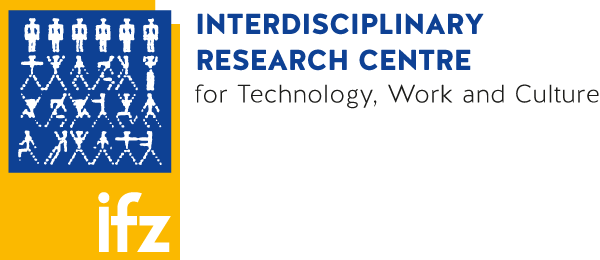Stakeholder engagement
Participatory projects at IFZ does not only address “the general public”, but often pay particular attention to those stakeholders, who have particular interests in the research topic, either because they are affected by the research and its outcomes, or because they may influence the research. Stakeholder engagement is perceived as bringing significant benefits to the process of knowledge production as well as to the relevance of research outcomes. In our projects where we focus on stakeholder engagement, we draw particular attention to early processes of knowledge exchange with stakeholders and well-structured stakeholder engagement throughout the overall lifetime the project.
For more information, please contact Jürgen Suschek-Berger.
Approach
